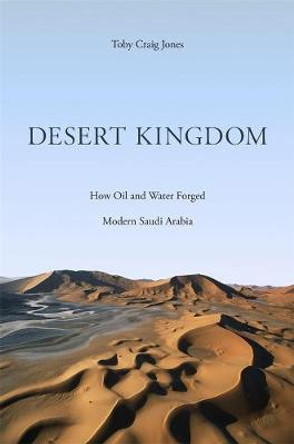Description
In the years following World War II, as Aramco expanded its role in Saudi Arabia, the idea of "modernization" emerged as a central component of American foreign policy toward newly independent states. Although the company engaged in practices supportive of U.S. goals, its own modernizing efforts tended to be pragmatic rather than policy-driven, more consistent with furthering its business interests than with validating abstract theories. Aramco built the infrastructure necessary to extract oil and also carved At the same time, executives cultivated powerful relationships with Saudi government officials and, to the annoyance of U.S. officials, even served the monarchy in diplomatic disputes.
Before long the company became the principal American diplomatic, political, and cultural agent in the country, a role it would continue to play until 1973, when the Saudi government took over its operation.
About the Author
Chad H. Parker is associate professor of history at the University of Louisiana at Lafayette, USA.
Book Information
ISBN 9781625341570
Author Chad H. Parker
Format Paperback
Page Count 176
Imprint University of Massachusetts Press
Publisher University of Massachusetts Press
Weight(grams) 283g



